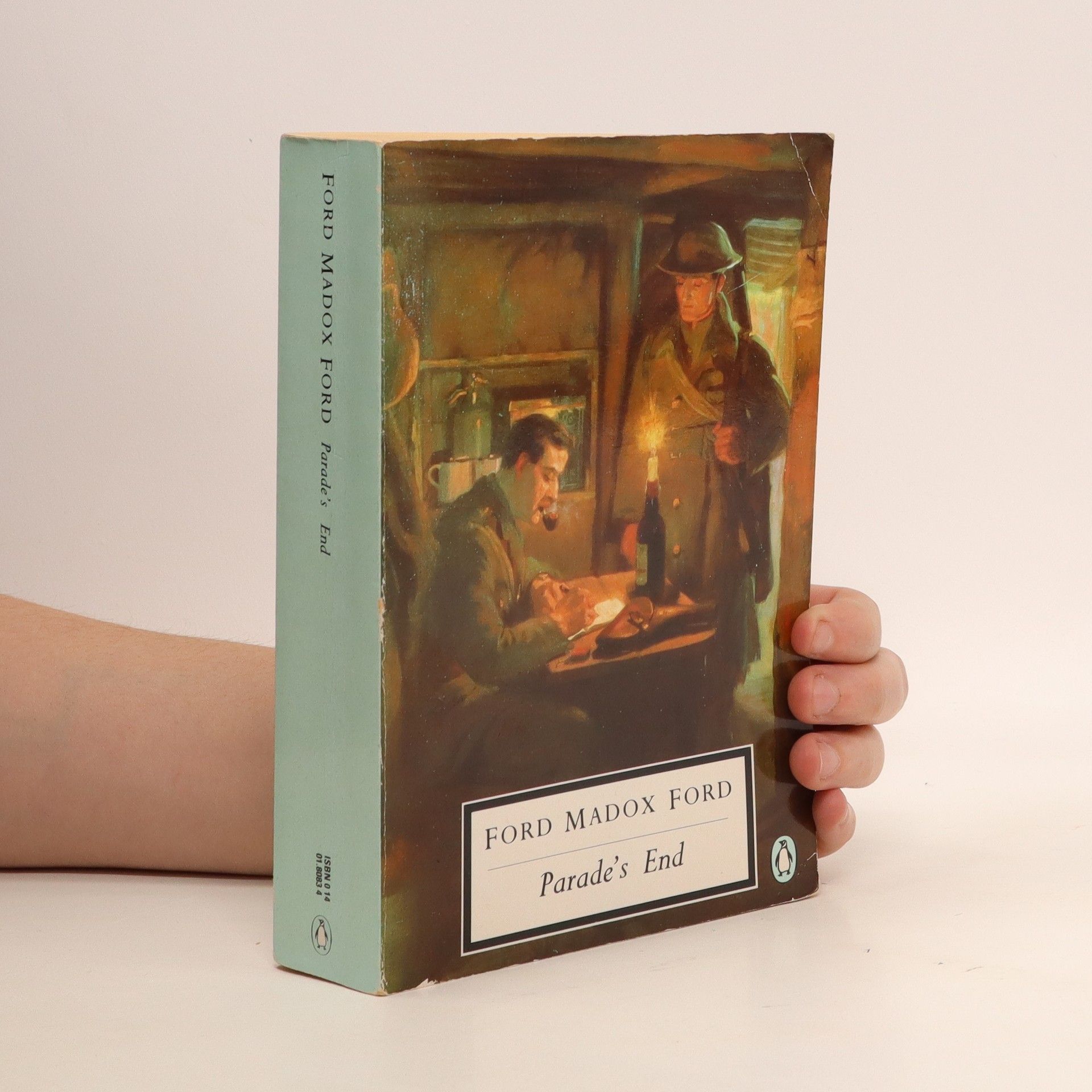Parade's End (Full Tetralogy
Some Do Not, No More Parades , A Man Could Stand Up, and Last Post)
- 446 pages
- 16 hours of reading
Exploring the profound impact of war, this book delves into an entire era marked by destruction and upheaval. It examines the social, cultural, and emotional ramifications of conflict, highlighting how lives and communities are irrevocably changed. Through vivid storytelling, the narrative captures the essence of resilience amidst chaos, portraying the broader historical context and the human experience during tumultuous times.





